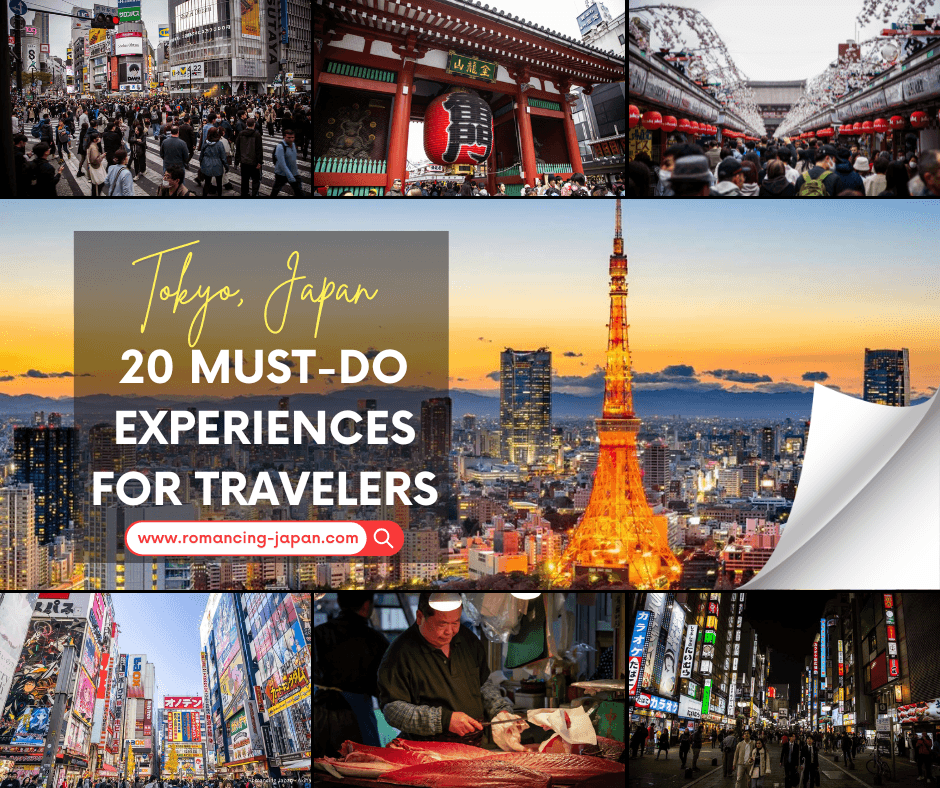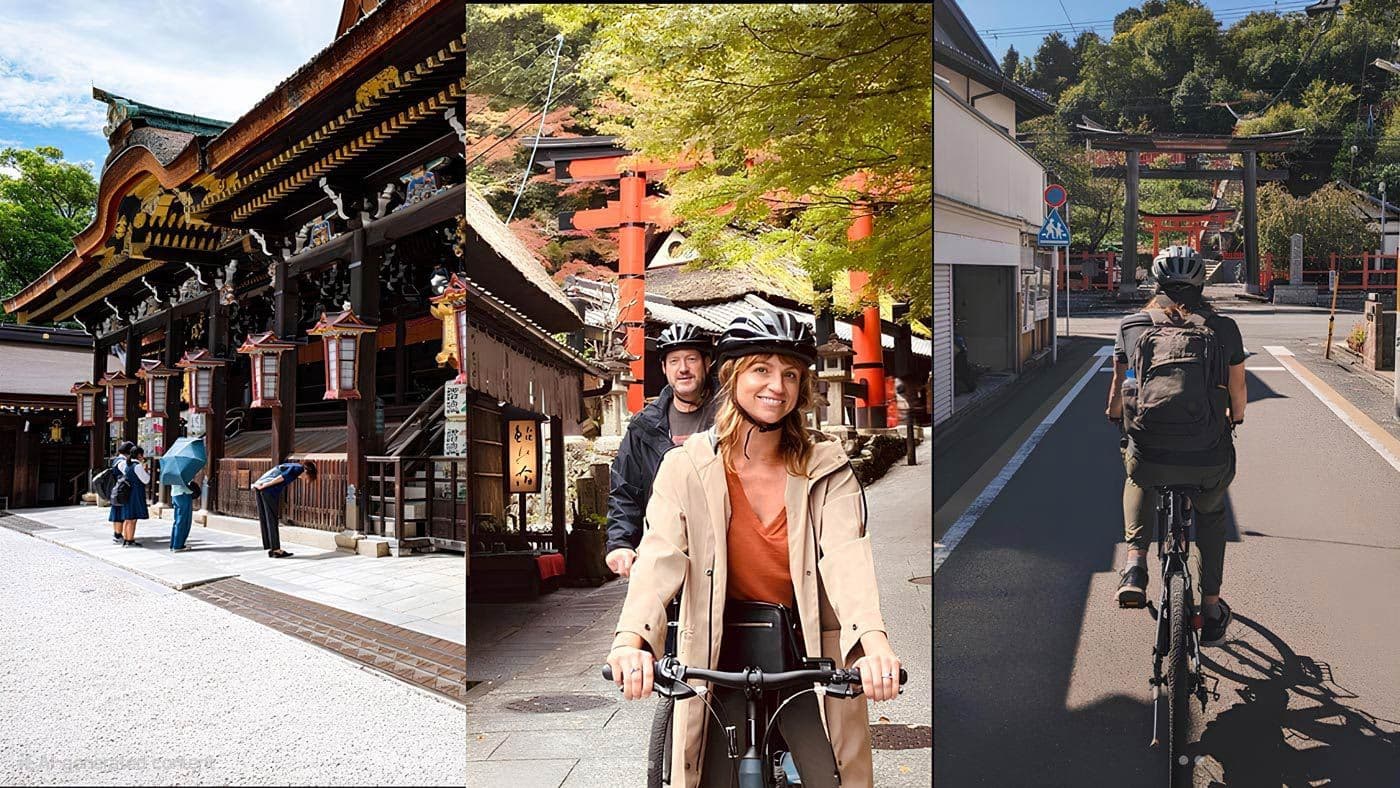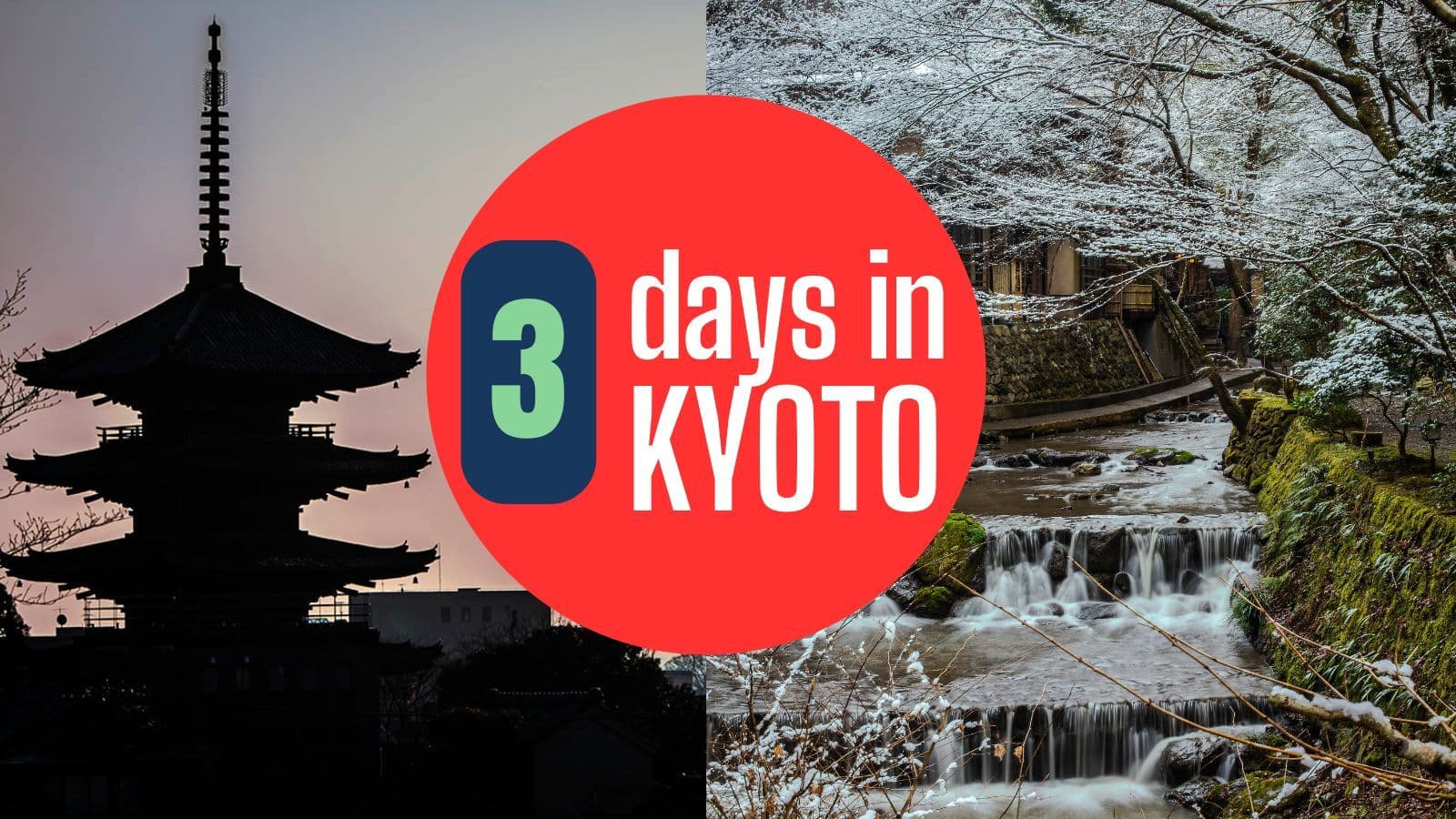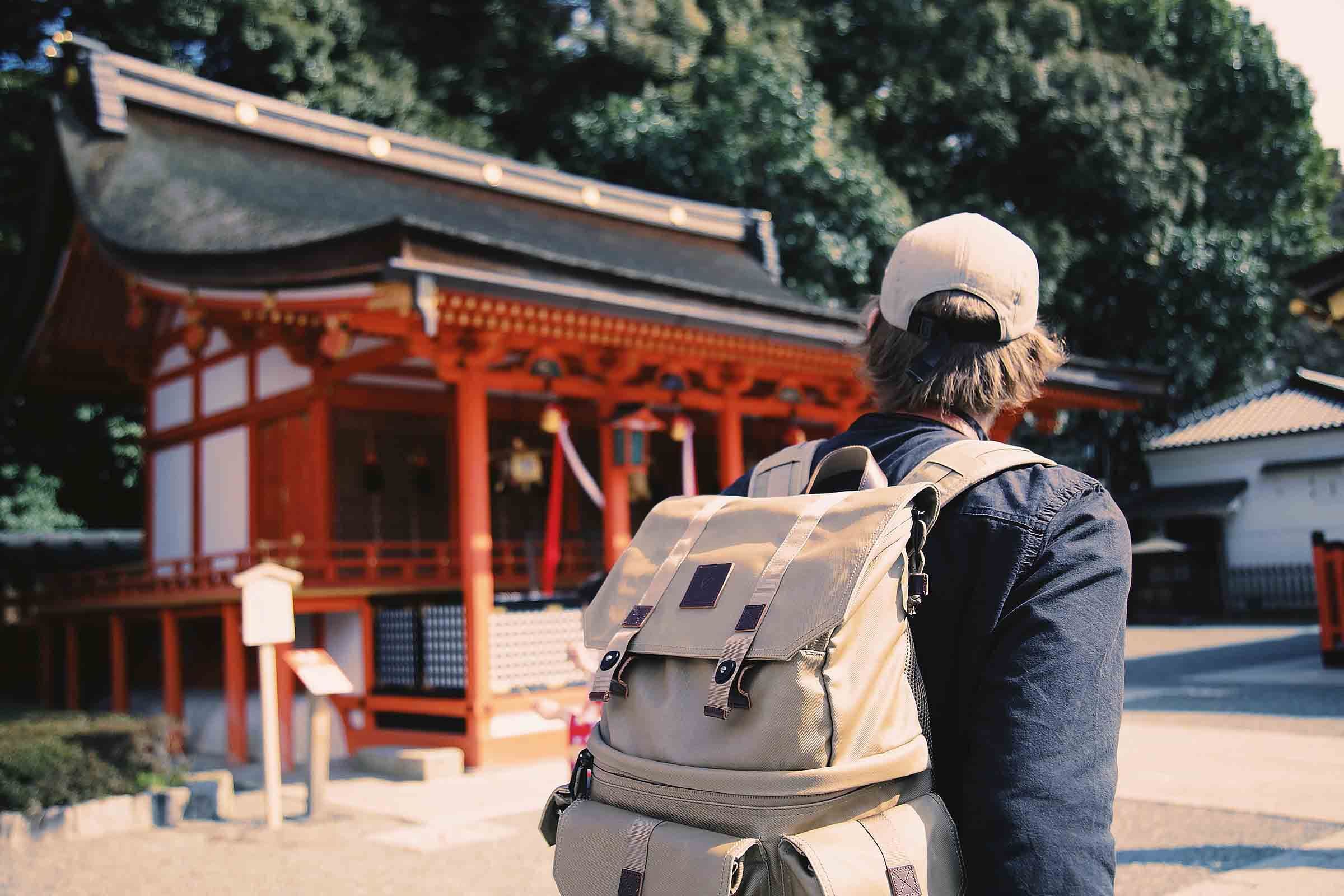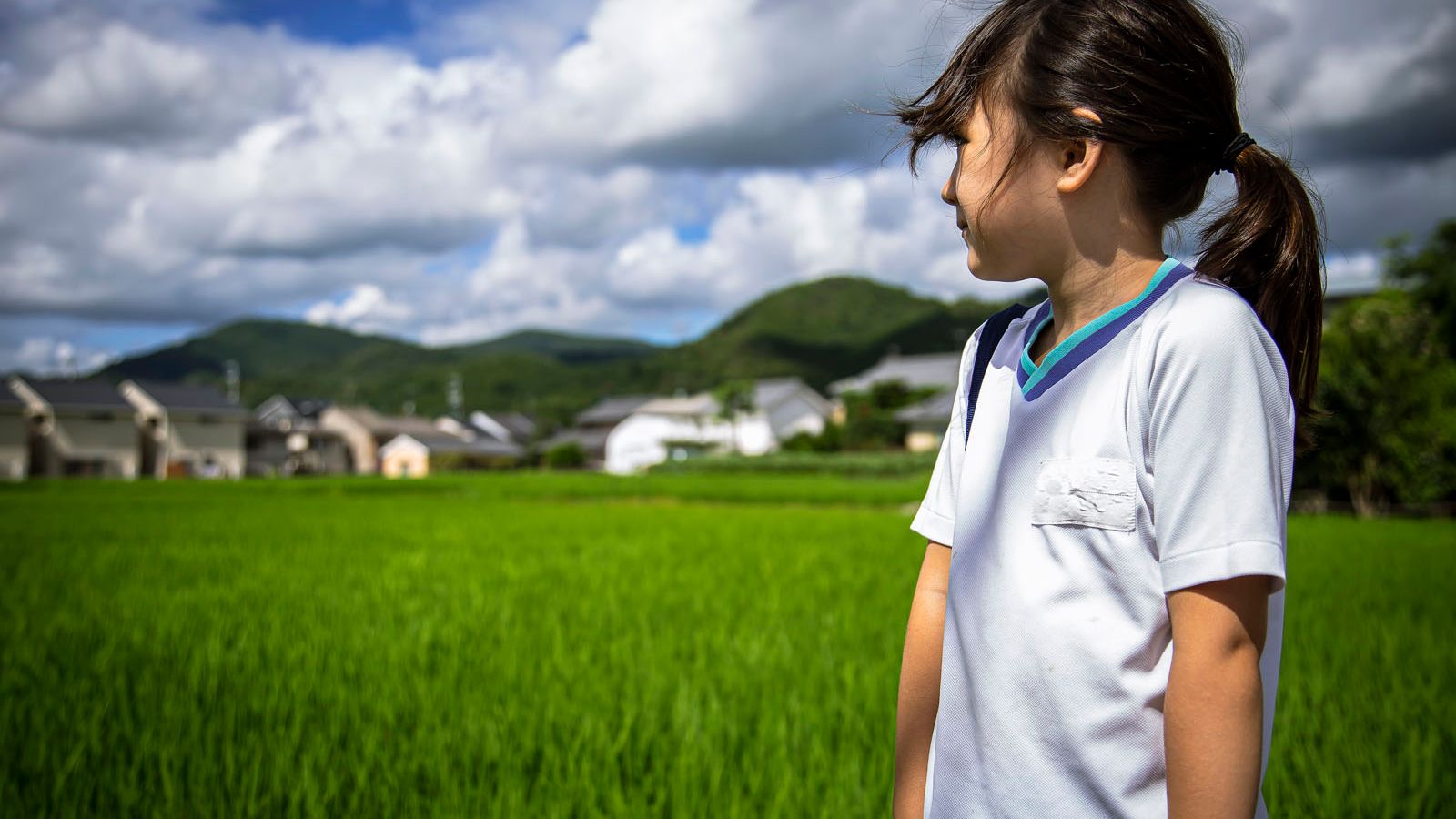
Fact-Check: Japan Is Paying Foreigners to Move Rural
James Saunders-Wyndham

James Saunders-Wyndham
Table of contents:
Have you ever dreamed of starting a new life in Japan? Maybe you've been eyeing those abandoned akiya houses or even heard the bizarre rumors about a so-called "breeding visa." But what if I told you that people actually get paid to move to Japan? It sounds like a dream come true, right? Well, there's a catch...
With urban centers like Tokyo experiencing overpopulation while rural towns face dwindling numbers, the government has recognized the urgent need to create more balanced population distribution.
The Regional Revitalization Corps is a government program to bring both Japanese citizens and foreigners in Japan to country towns. It aims to bring new life into aging communities and stimulate local economies by encouraging program participants to live in the community and start new businesses.
Why did the government launch the Regional Revitalization Program? Japan’s population crisis has become a major issue, with the country losing 800,000 citizens in 2022 alone. With Japan's low birthrate trends, experts estimate that the Japanese population may shrink to 87 million by 2070.

For decades, Japan’s immigration policy has been known for its strict regulations, but recent changes indicate a more open approach. The government aims to bring in 10,000 people per year to rural areas, marking a shift in how the country views the role of immigration in addressing the declining birth rate.

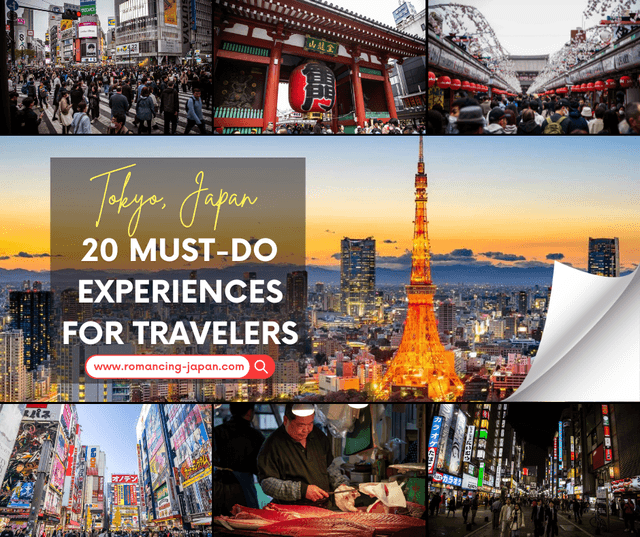
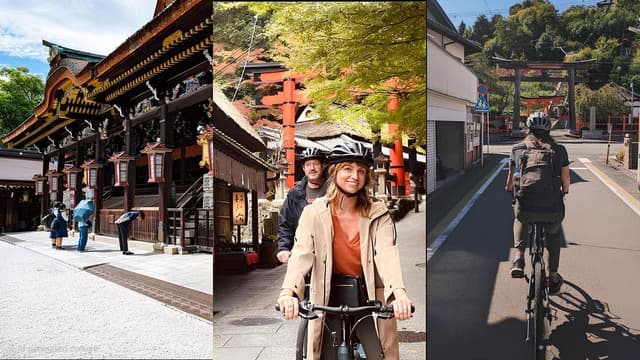
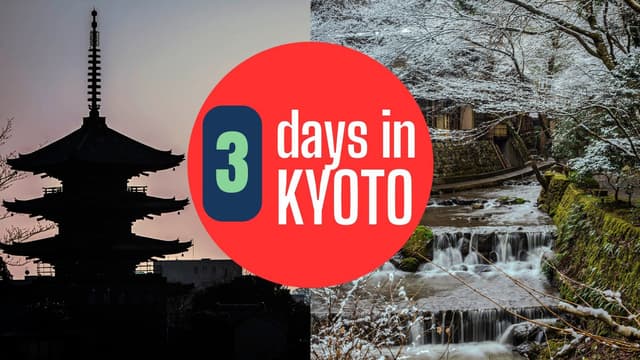

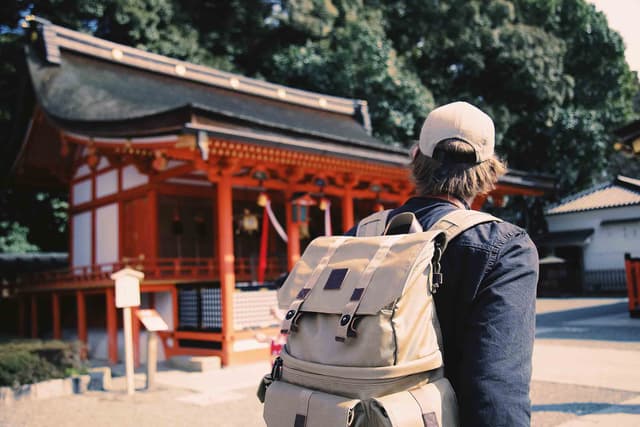

Yes, the government is paying people to move, but financial support varies depending on family size.
Households receive an initial sum of ¥1,000,000 (1 million yen), with an additional 1 million yen per child under 18. Individuals moving alone may be eligible for 600,000 yen in assistance.
Foreign residents who move to rural areas can benefit from:
Language skills play a significant role in successful integration, as most rural municipalities have fewer English speakers than major cities.
Approximately 1,300 municipalities—accounting for 80% of Japan’s local districts—are part of this initiative. The program covers 44 of Japan’s 48 prefectures, excluding Tokyo, Kanagawa, Osaka, and Okinawa. While many locations qualify, popular destinations such as Kyoto and Niseko are not included due to their economic stability.
The government’s goal is to encourage 10,000 individuals annually to relocate by 2026. Reports indicate that 2,381 individuals had already moved out of Tokyo under this program by 2021.

Foreigners interested in the Regional Revitalization Program must meet Japan’s visa and residency requirements. Unlike some other migration schemes, this program does not automatically grant a visa or residency status. Applicants must already hold or obtain a visa that allows for long-term residence in Japan.
If you are considering applying but do not yet have a long-term visa, researching Japan’s immigration policy and consulting with immigration specialists is recommended.
Japan’s government and local communities offer a range of support services to help newcomers adjust:
Local governments provide financial incentives such as rent reductions, with discounts of up to 75% for eligible applicants.
Employment support programs connect workers to industries in need of labor, such as agriculture and tourism.
Community centers offer free or low-cost Japanese language classes, legal consultation, and cultural workshops to help residents integrate. These centers also organize local events to foster connections between Japanese residents and new arrivals.
🌸 Try language learning apps like Mondly or Rocket Languages to build your Japanese skills so you can work in Japan and communicate with locals!
🌸 Before making the big move, it's wise to explore the regions you're thinking about. Each rural area in Japan has its own unique charm, culture, and lifestyle. Whether you're drawn to the mountains of Nagano, the coast of Shikoku, or the historical villages of Tohoku, taking the time to visit can help you find the perfect place to call home.
Experience life in the Japanese countryside by staying at traditional ryokans or guesthouses. It’s the best way to immerse yourself in the local culture and get a feel for the community.
Get to know the local customs, festivals, and historical sites by joining guided tours and activities.
If you plan to explore multiple regions, the Japan Rail Pass is a cost-effective option. It offers unlimited travel on JR trains, including Shinkansen bullet trains (except the Nozomi and Mizuho).
Exploring rural areas often means outdoor activities and adventures. For peace of mind, make sure to have travel insurance.
Yes, Japan is offering financial incentives to both Japanese citizens and foreigners willing to move to rural areas. The Regional Revitalization Program provides up to 1 million yen per child for families and 600,000 yen for single individuals relocating from major cities like Tokyo. However, applicants must meet certain conditions, such as committing to living in the rural area for at least five years and securing employment or starting a business.
Japan offers up to 1 million yen (about $6,940) per child for families moving to rural areas. A family with two children could receive up to 3 million yen in total support. Single individuals may qualify for 600,000 yen in relocation assistance.
To apply, you must be at least 18 years old, have savings of around 200,000 yen, and hold a valid residency status such as a permanent resident, spouse of a Japanese national, or long-term resident. You also need to commit to living in your new location for at least five years and secure employment, remote work, or start a business.
The easiest way to get a visa depends on your situation. If you have a job offer, a work visa is usually the simplest route. The Specified Skilled Worker (SSW) Visa is relatively easy to obtain for jobs in industries like nursing, construction, or agriculture. If you’re interested in studying, a student visa allows you to live in Japan while taking courses. Those married to Japanese citizens can apply for a spouse visa, which provides long-term residency options. Entrepreneurs looking to start a business can explore the Business Manager Visa.
Loading Comments...

I've been immersed in Japanese culture and daily life for over 30 years and am proud to call Japan my home. Originally from Australia, my journey has taken me from teaching at Japanese universities to traveling extensively across the country, uncovering its hidden gems. As a web developer, I built Romancing Japan from the ground up to share these experiences with you. Whether it's the charm of old Kyoto, the pulse of Tokyo, or the tranquility of the countryside, I love helping others discover the magic of Japan—one story at a time.
